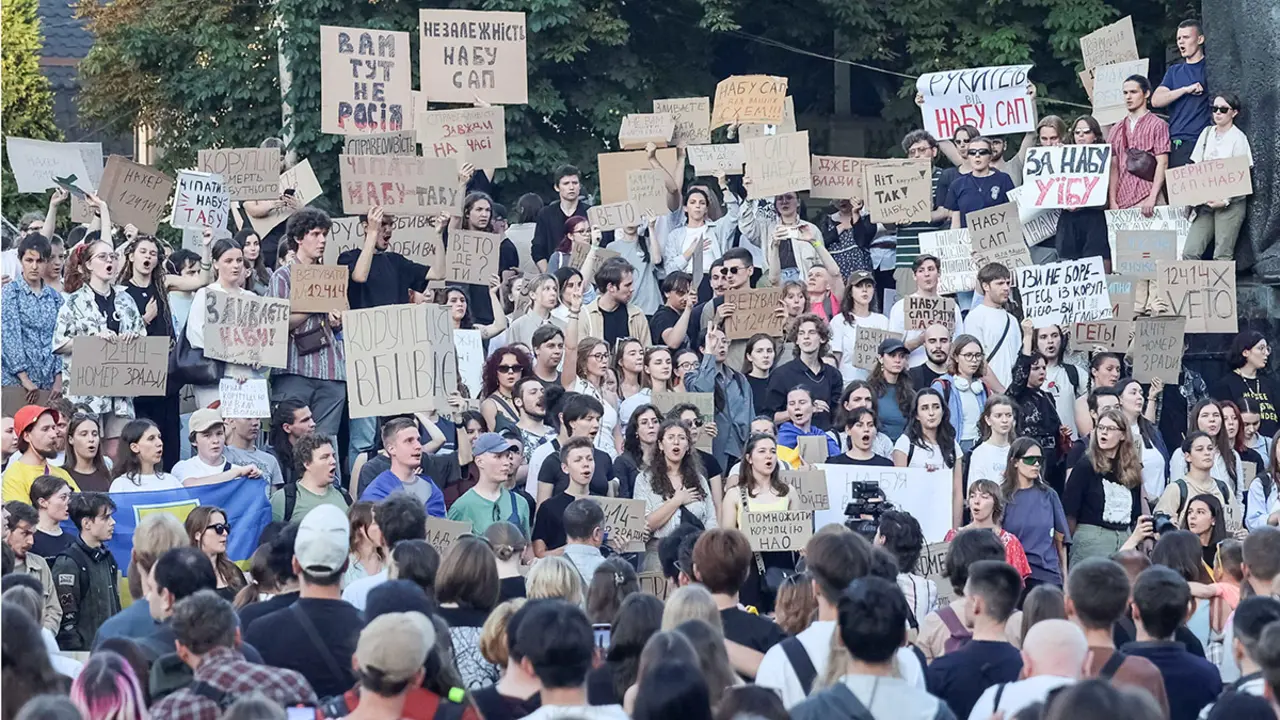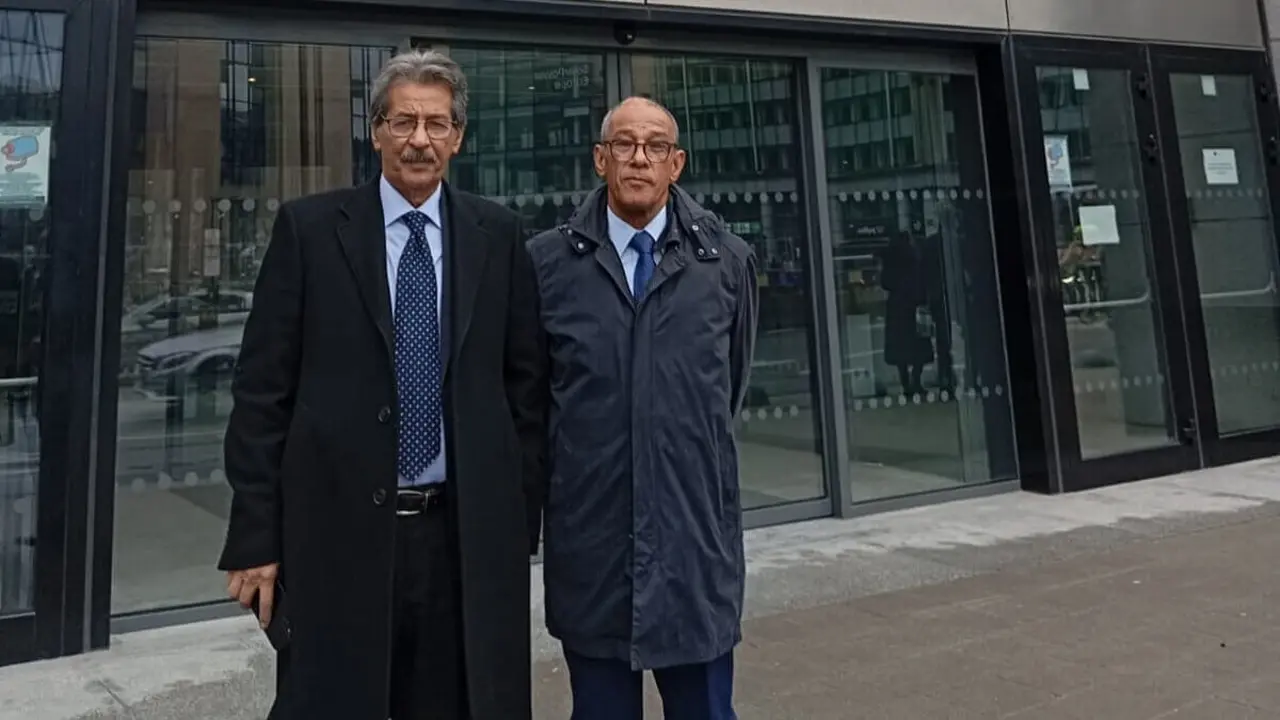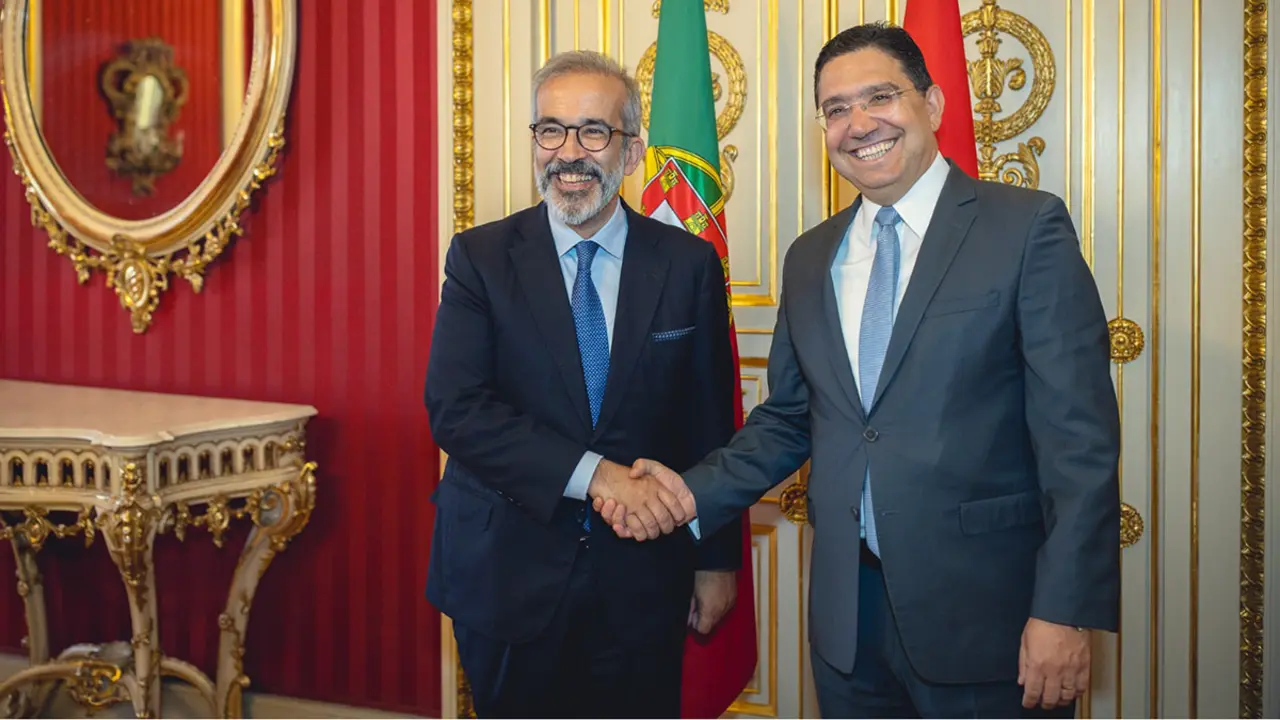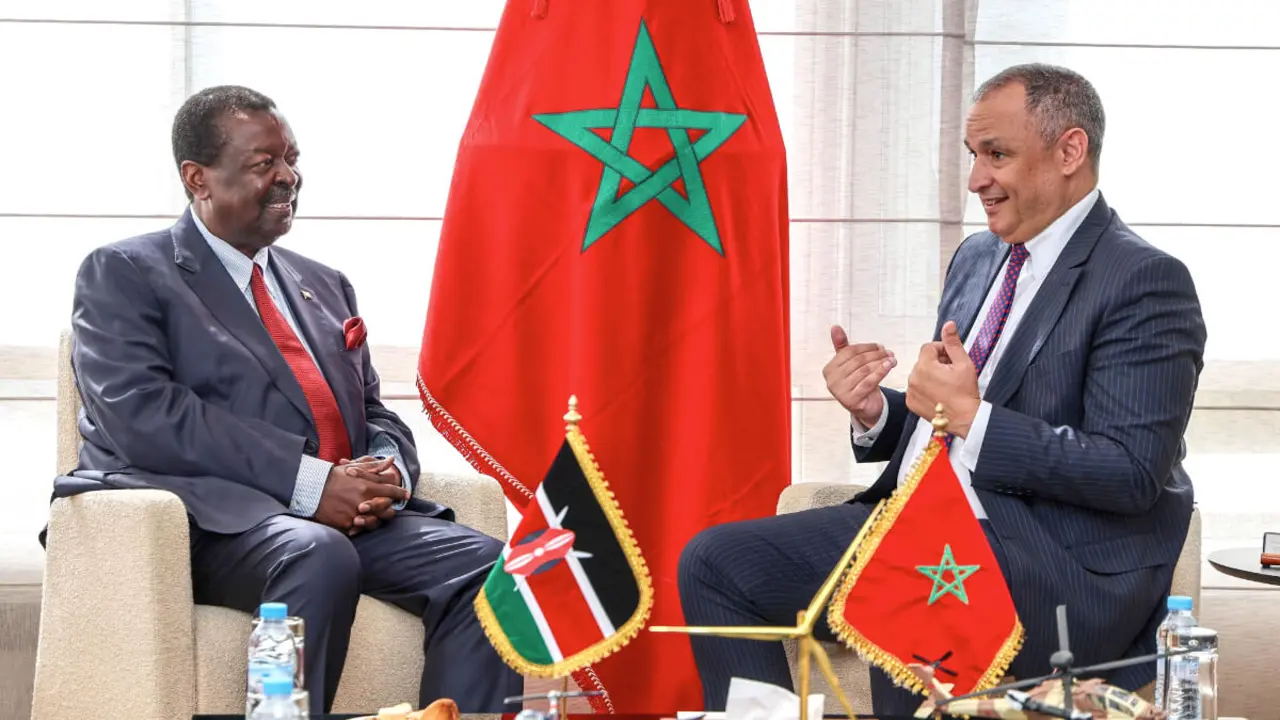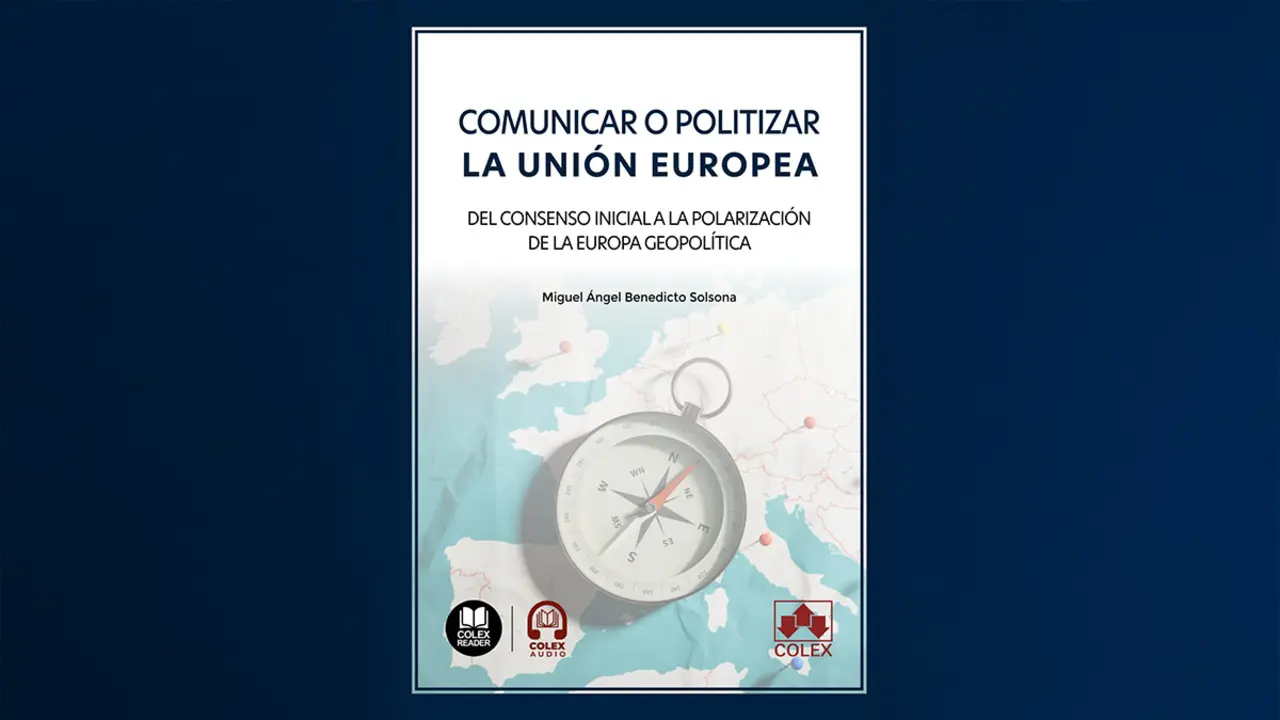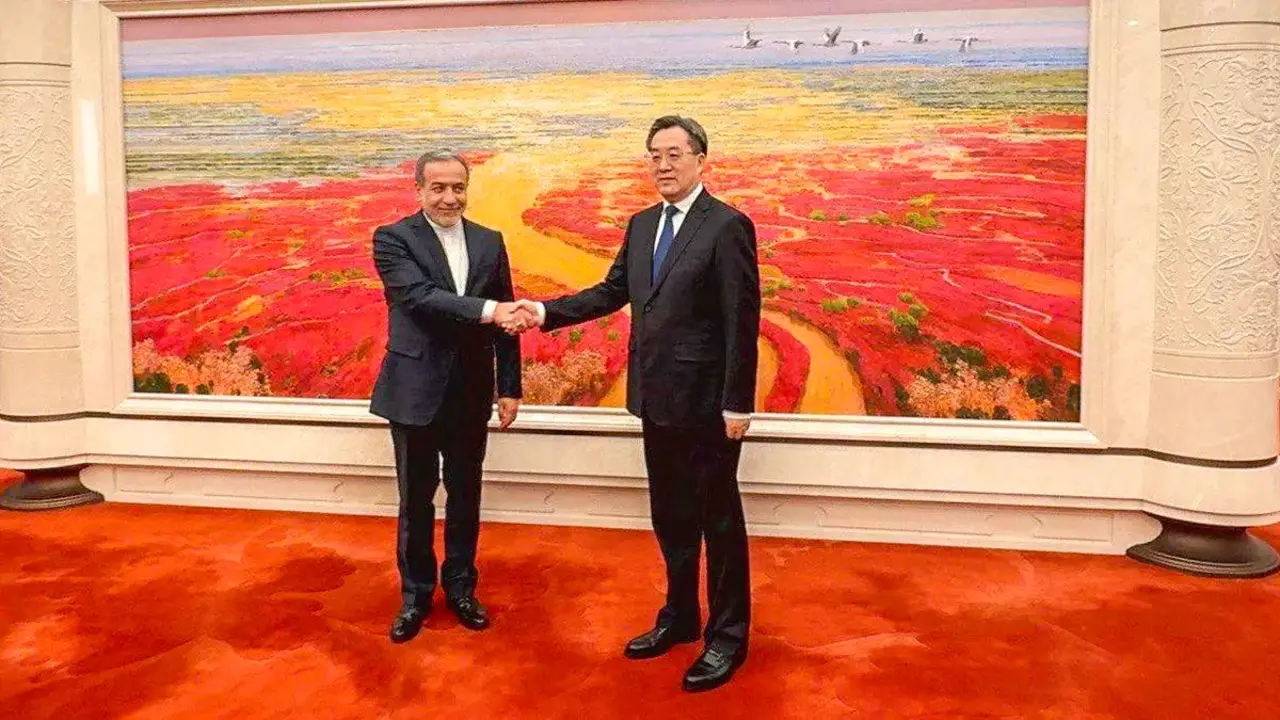United Arab Emirates presents its new government structure
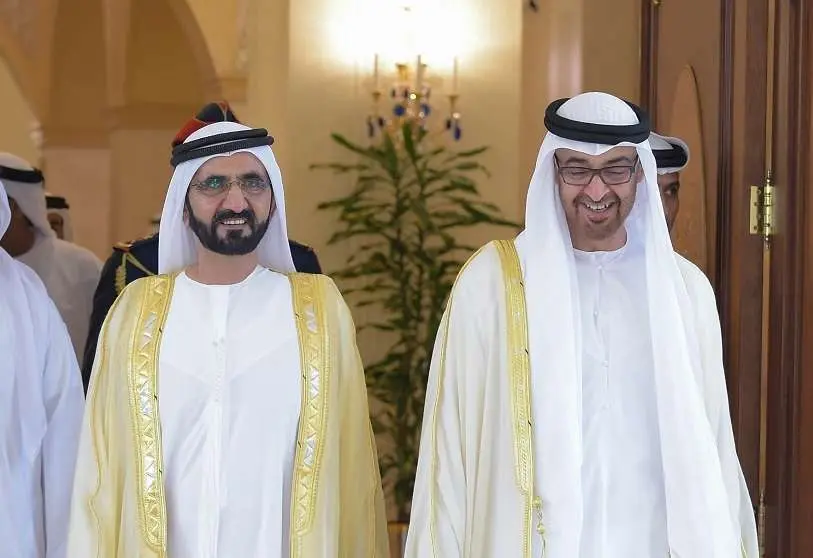
The Prime Minister of the United Arab Emirates and ruler of Dubai, Sheikh Mohammed bin Rashid Al Maktoum, announced on Sunday that his government has approved the adoption of a new government structure, which involves the merger of various ministries and agencies with the aim of creating a government capable of adapting to the changes caused by the coronavirus pandemic.
"The new government has a year ahead of it to meet its new priorities. Continuous change will continue to be the slogan of the next stage in order to achieve the best model of government to face this new era and achieve the aspirations of the different emirates," he said through the social network Twitter. However, Sheikh Mohammed bin Rashid Al Maktoum had already spoken about this reform last May, when he reported that the Gulf nation would review its structure as part of its strategy to deal with the effects of the coronavirus pandemic.
The governor of Dubai has also announced some of the names that will be present in the new Executive. Thus, Maryam al Hammadi has been appointed Secretary General of the Council of Ministers and Mohammed al Obaidi has been appointed as the new Head of Legal Affairs, while Ahmed Majed al Badawi will be Assistant Secretary General. "All of them have the mission of developing the general secretariat of the Council of Ministers", he explained. Hoda al Hashemi will also be part of this government as head of strategy and innovation or Mohammed bin Talia as head of government services. Mohammed Hamad al Kuwaiti will lead the area of cyber security. "The security of our digital government is an essential part of our comprehensive national security," he said.
To this list we can add the names of the Sultan al Jaber as the head of the Ministry of Industry and Advanced Technology; Suhail al Mazroui in the Ministry of Energy and Infrastructure; Abdullah bin Touq al Marri in the Ministry of Economy; Ahmed Belhoul as Minister of State for Entrepreneurship and SMEs; Thani al Zeyoudi in the Ministry of Foreign Trade; Shamma al Mazrouei in the Ministry of Youth or Noura al Kaabi as the head of the area of Culture, among others.
The UAE Prime Minister also said that "they will cancel 50% of the government service centres and convert them to digital platforms within two years, while they will merge about 50% of the federal agencies among themselves or within the ministries creating new government ministerial positions".
"We need a government that is more agile, flexible and fast to keep pace with new and different national priorities," he stressed before announcing the major changes. "Anyone who thinks that the world after COVID-19 will be the same as the one before it is wrong," he warned. "The post-pandemic phase will affect both public and private sector work systems, requiring the development of a comprehensive and proactive methodology to explore the characteristics of this phase and devise solutions to its challenges," he said, according to statements collected by the WAM news agency.

